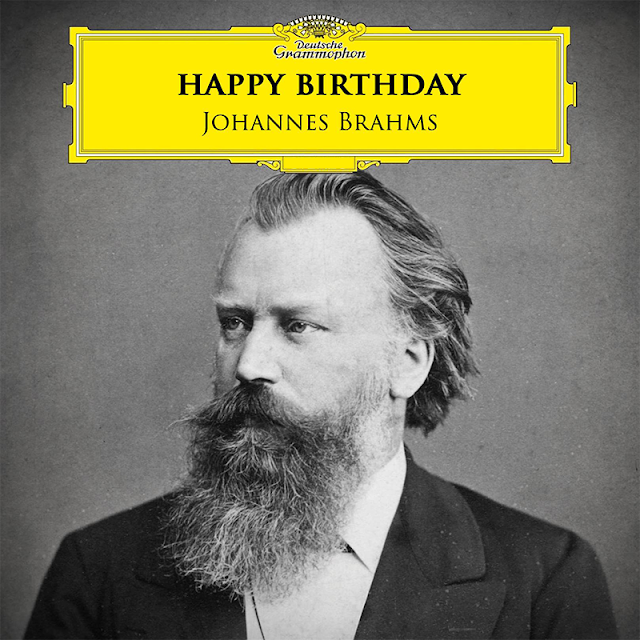Who was Johannes Brahms? All you need to know about the iconic German composer
x
Today’s Google Doodle is celebrating the 190th anniversary of iconic German composer and pianist Johannes Brahms. Here’s everything you need to know about him.
Johannes Brahms (1833-1897) was a German writer and piano player who is generally viewed as one of the best arrangers of the Heartfelt time. He composed an extensive variety of music, including orchestras, concertos, orchestral arrangements, choral works, and solo piano pieces. A portion of his most well known works incorporate his four ensembles, his violin concerto, his German Composition, and his Hungarian Moves. Brahms was known for his fastidious craftsmanship, his close to home profundity, and his capacity to mix traditional structures and designs with heartfelt harmonies and songs.

Johannes Brahms Early Life
Johannes Brahms was brought into the world on May 7, 1833, in Hamburg, Germany. His dad, Johann Jakob Brahms, was a twofold bass player in the Hamburg Philharmonic Culture, and his mom, Johanna Henrika Christiane Nissen, was a needle worker and a capable performer by her own doing.
Brahms showed an early inclination for music and started playing the piano and making very early on. He was at first mentored by his dad and afterward by different nearby artists. At the point when he was only 10 years of age, he gave his most memorable public exhibition in Hamburg.
In 1853, Brahms met Hungarian musician Joseph Joachim, who acquainted him with the writer and piano player Robert Schumann, who perceived his ability and composed a powerful article about him in the Neue Zeitschrift für Musik. Schumann's help assisted Brahms with earning respect as a writer and secure commissions and exhibitions.
Johannes Brahms Training and Profession
Johannes Brahms' schooling was casual, as he didn't go to a conventional music studio. He gained the nuts and bolts of music from his dad and neighborhood educators, however he was to a great extent self-trained. In 1853, Brahms went on a show visit with the Hungarian musician Ede Reményi, which took him to different urban communities in Germany, Austria, and Hungary. This visit gave him significant openness and laid out him as an expert performer.
Brahms' most memorable significant advancement came when he was dispatched to compose a piano sonata by the distributer Julius Schuberth. This work, alongside his Minor departure from a Subject by Robert Schumann, assisted with laying out him as a rising star in the realm of old style music.